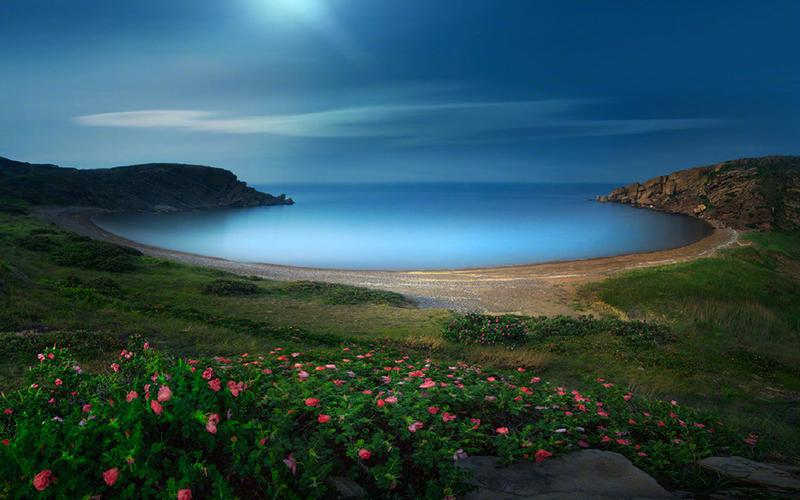Jamaica has a rich cultural heritage that sets it apart from other nations. The country’s culture embraces various elements that are the product of its diverse history of colonialism and enslavement, including the Maroon communities and Rastafarianism. Here, we’ll explore the roots of Jamaica’s cultural identity, examining the elements that contribute to its unique character.
Colonialism and Enslavement
Many aspects of Jamaica’s cultural identity can be traced back to its colonial past. During the colonial period, the island was a British colony that relied on the enslavement of people of African descent as the backbone of its agricultural economy, primarily sugar production. Over time, a distinct Afro-Jamaican culture emerged, characterized by spiritual beliefs, music, and food.
Maroon Communities
One of the most fascinating aspects of Jamaica’s cultural identity is the Maroon communities that exist on the island. The word Maroon was derived from the Spanish word cimarron, which means “wild” or “untamed.” They are communities built by people of African descent who escaped slavery and settled in the remotest areas of Jamaica.
Today, there are several Maroon communities on the island, including Accompong in St. Elizabeth, Moore Town in Portland, and Charles Town in Portland. Each community has a unique culture that reflects its history of slave resistance and the struggle for freedom. This includes their traditional music, dance, food, and religious practices.
Jamaican Music
Jamaica’s musical heritage is among the most well-known elements of its cultural identity. The music of Jamaica is a blend of various elements, such as African rhythms, soul, R&B, and more. There are several genres of Jamaican music; the most famous is reggae, which originated in the 1960s.
Reggae has become an international symbol of Jamaica, and its power has inspired a global audience. Its genre has been used to convey messages of social and political commentary, giving a voice to the African and Jamaican people. It has also spawned a subculture and lifestyle, from Rastafarianism to the Rasta hair and clothing styles.
Rastafarianism
Rastafarianism is a religious and cultural movement birthed out of Jamaica’s cultural landscape. It began with a confluence of different cultural and social movements in Jamaica, including pan-Africanism, the Back to Africa movement, and Ethiopianism.
Many people associate Rastafarianism with dreadlocks, but it is much more than that. Rastafarians believe that Ethiopia is the spiritual home of the black race and that Haile Selassie, the former Ethiopian emperor, is the messiah. They also subscribe to a vegetarian lifestyle and reject ganja abuse, except for religious and medical purposes.
Conclusion
Jamaica’s cultural identity is a product of a diverse and complex history. It’s a tapestry that comprises the resistance and resilience of enslaved people, colonialism and its effects, Maroon communities and their culture, music, and Rastafarianism. These components coalesce into a vibrant and unique cultural expression that is celebrated globally, making Jamaica a beacon of hope and inspiration for many.
(Note: Do you have knowledge or insights to share? Unlock new opportunities and expand your reach by joining our authors team. Click Registration to join us and share your expertise with our readers.)
Speech tips:
Please note that any statements involving politics will not be approved.
